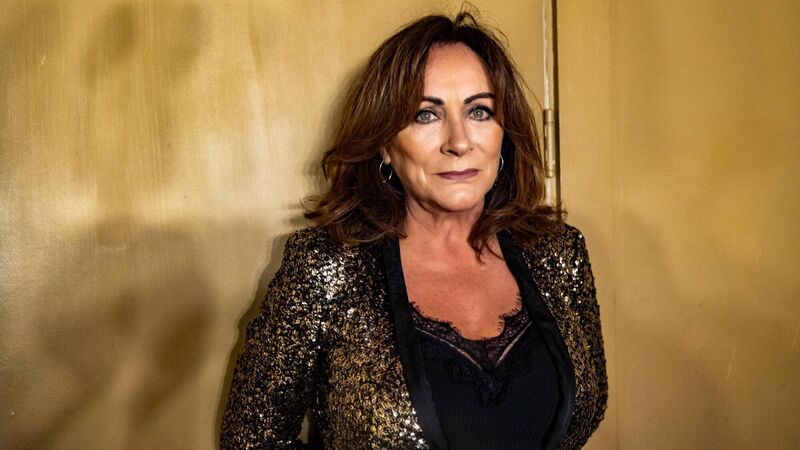Culture That Made Me: Mary Black on folk clubs, Nuala O’Faolain, and sound advice

Mary Black plays Cork Opera House on February 24.
Mary Black, 66, was born in Charlemont Street, inner-city Dublin, into a musical household: herself, her sister Frances, who is a Senator, and three brothers recorded albums as the Black Family. Her children are also musicians: Danny O’Reilly is lead singer of The Coronas; her daughter is singer-songwriter Róisín O.
Mary recorded and toured with De Dannan in the mid 1980s. She has released several classic solo albums, including No Frontiers and Babes in the Wood, and has performed duets with legends such as Joan Baez, Emmylou Harris and Van Morrison. She is currently touring Ireland, including Cork Opera House (February 24). See: www.corkoperahouse.ie




